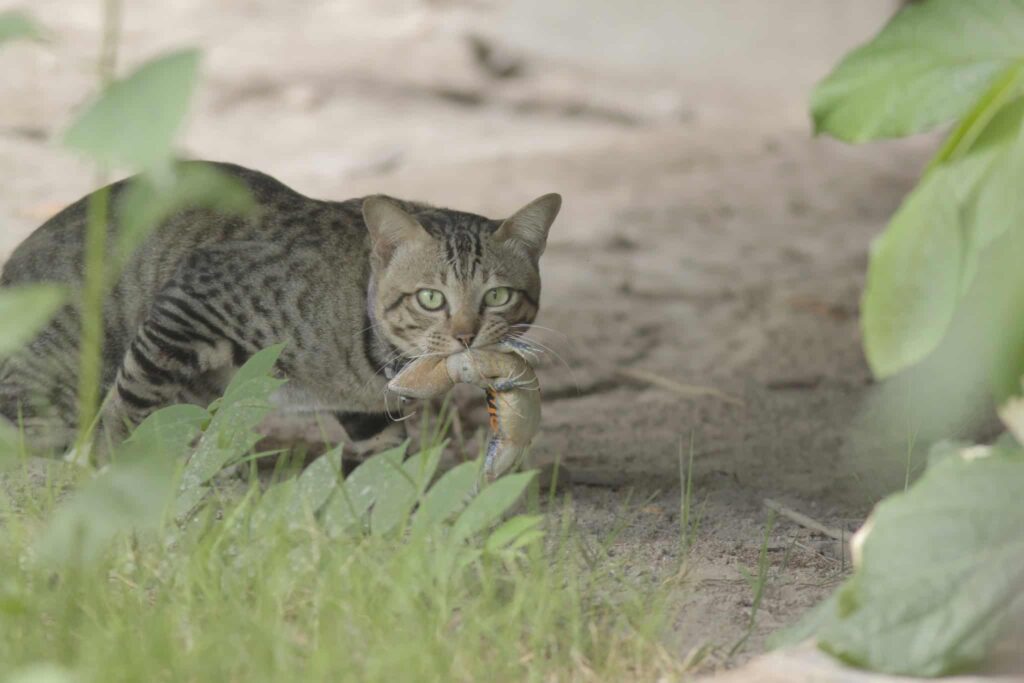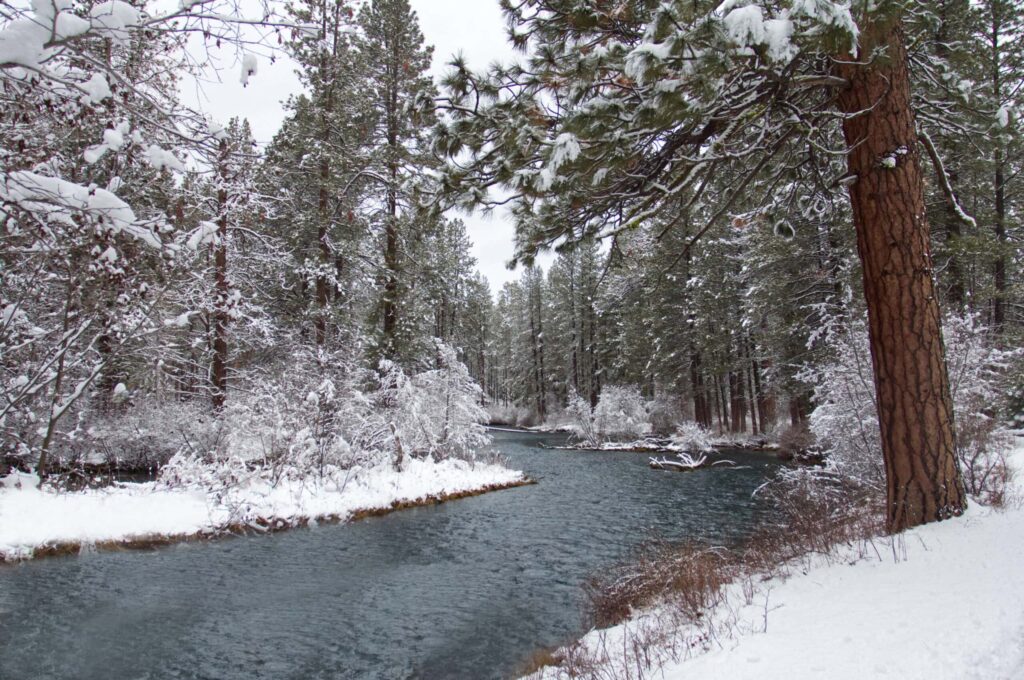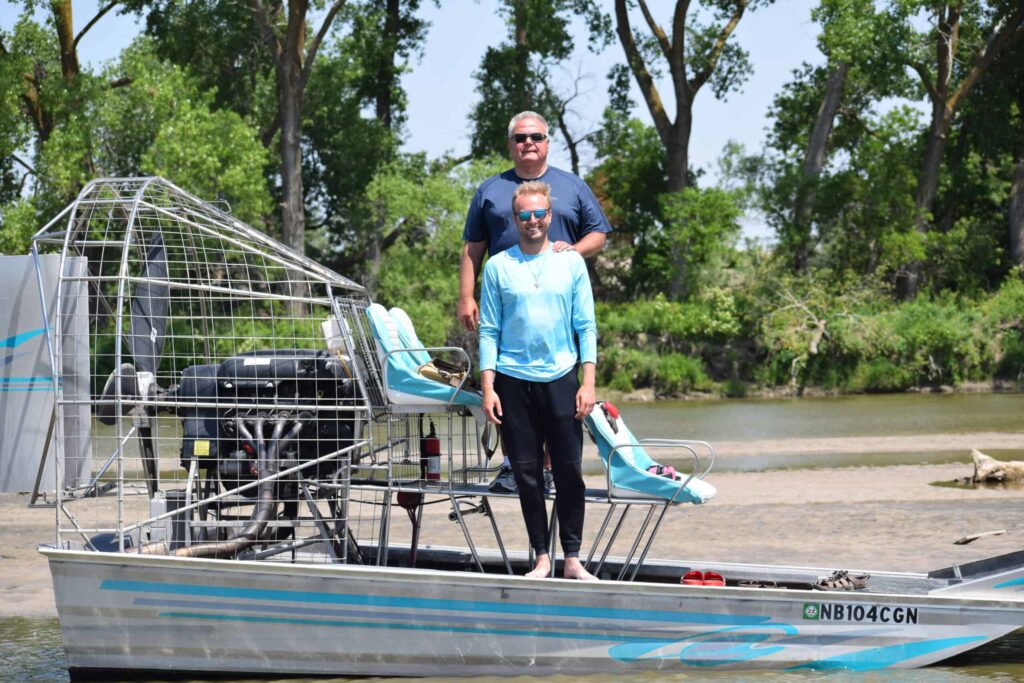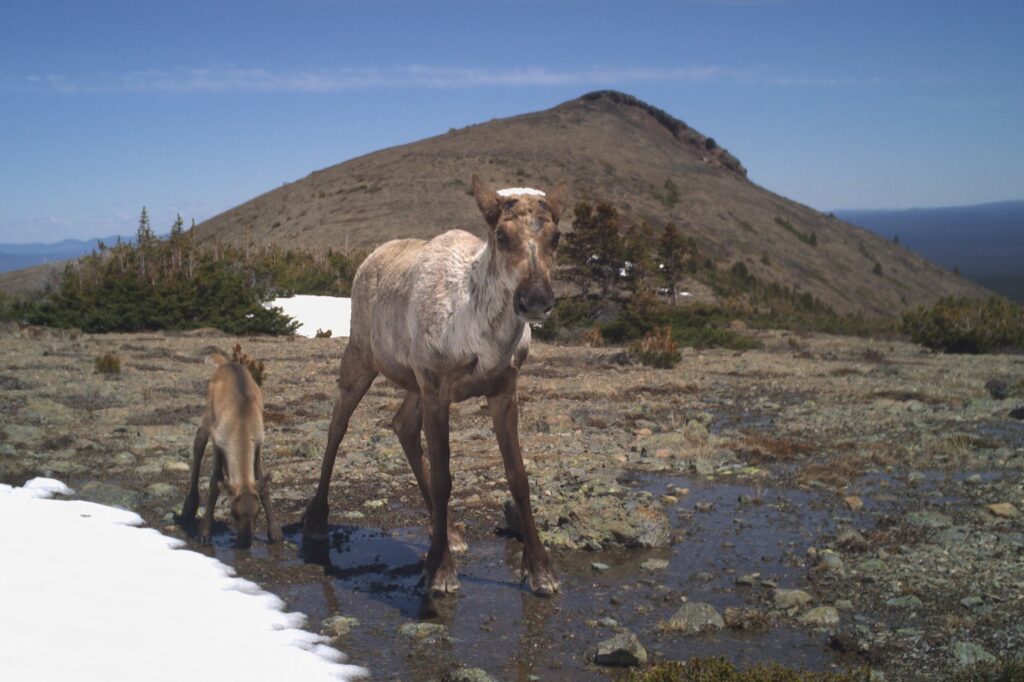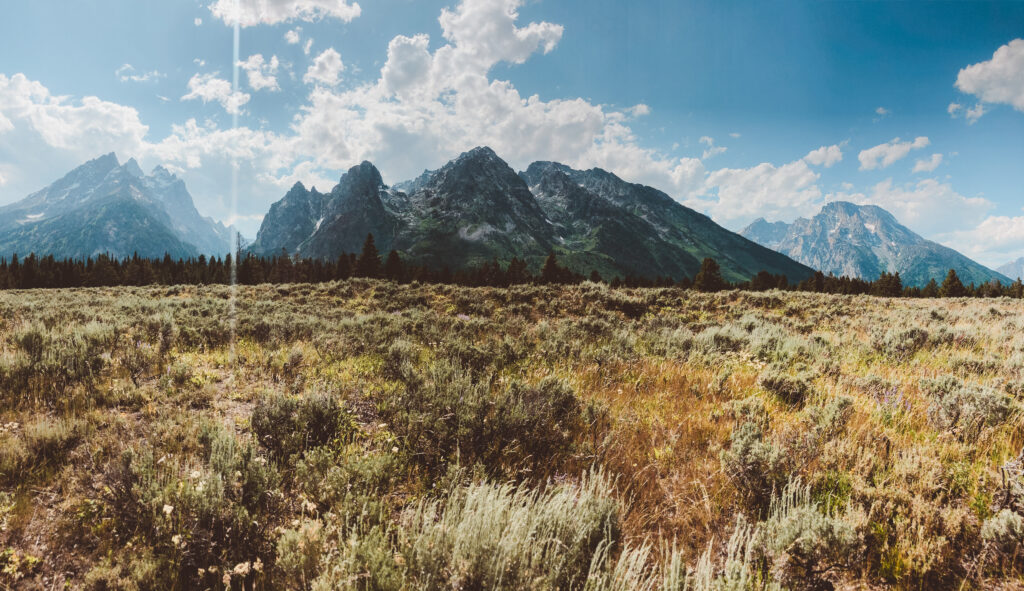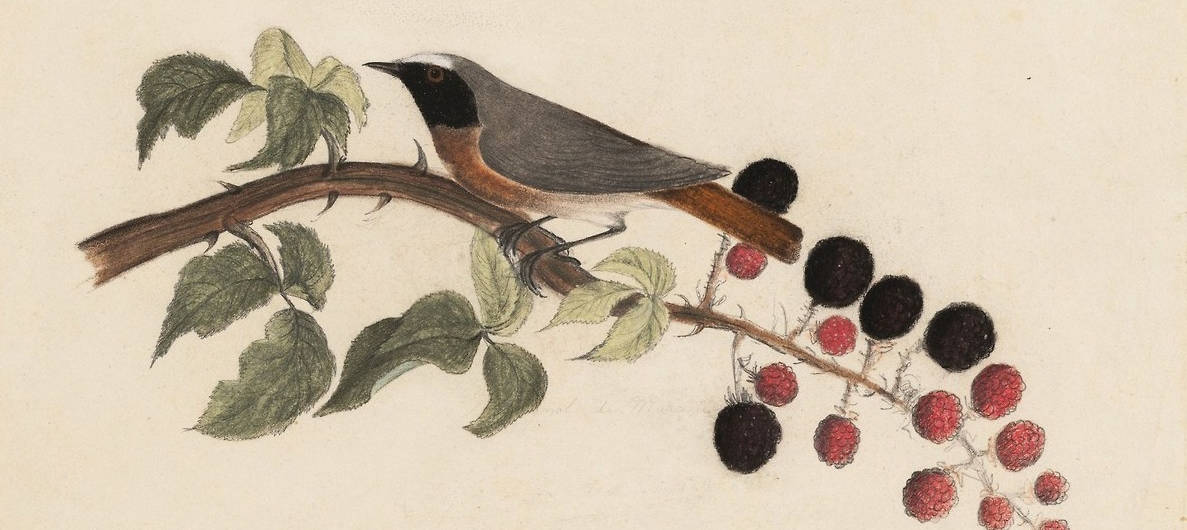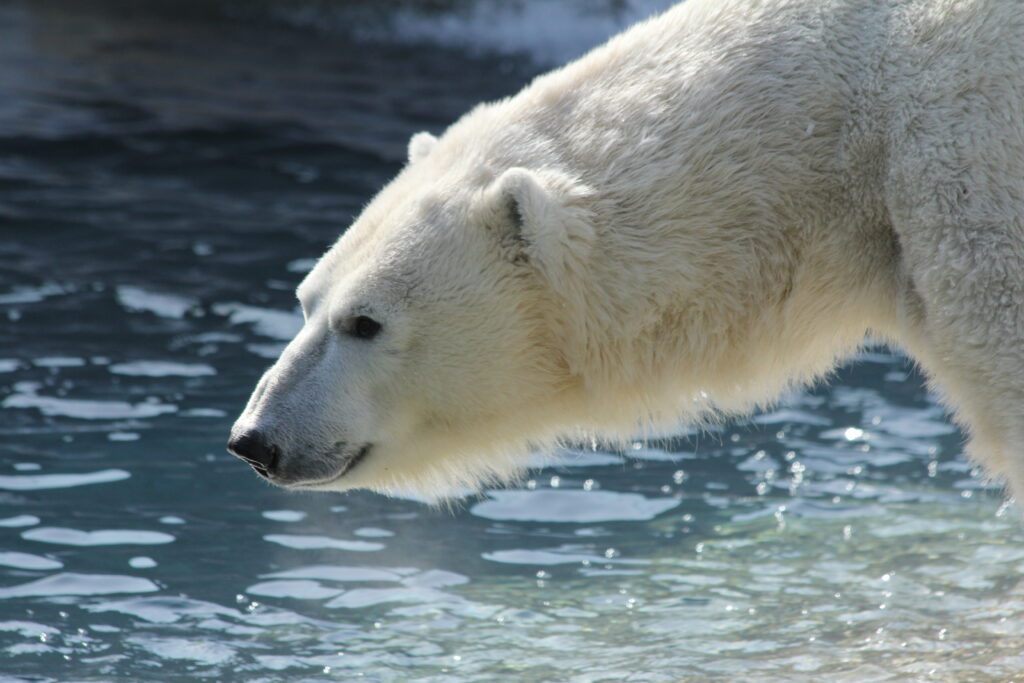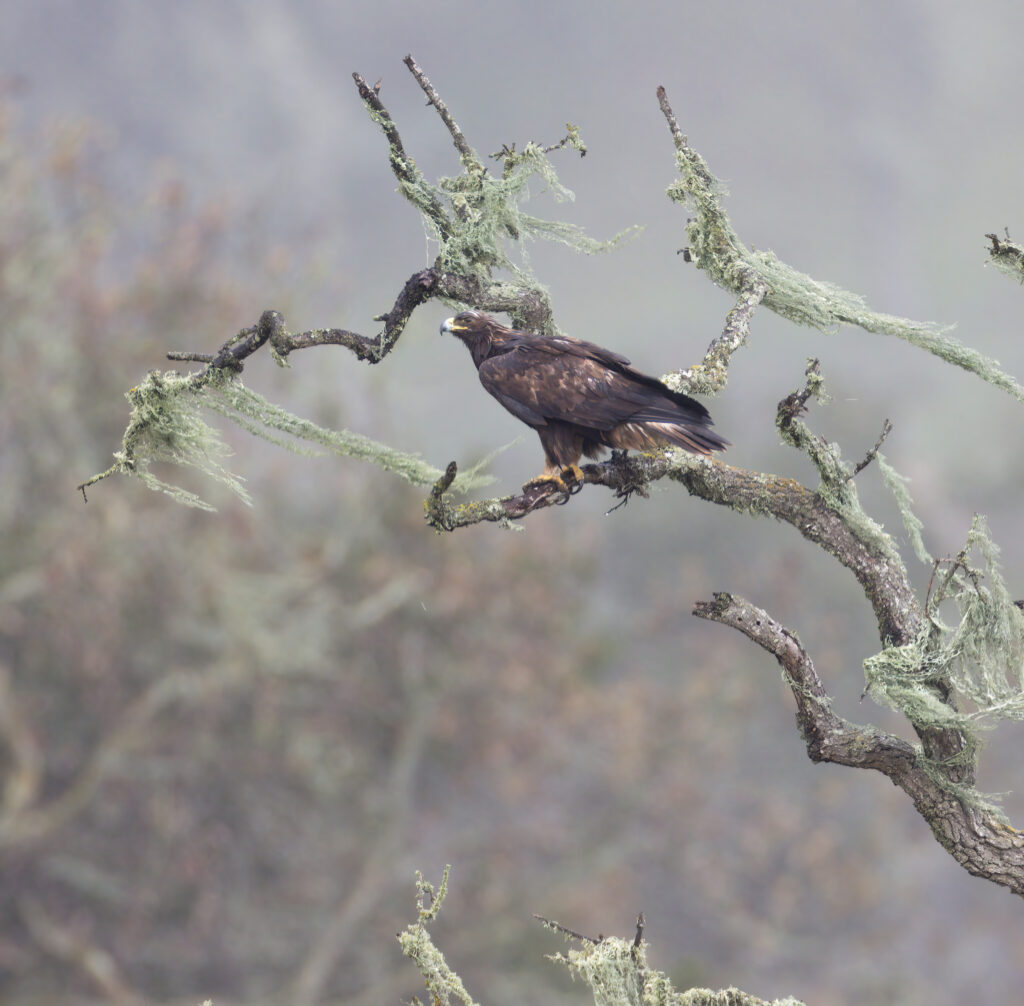Biologists and conservationists are struggling with the legacy borne by birds’ names. It’s not just the McCown’s longspur (Rhynchophanes mccownii), which last year became the thick-billed longspur after the American Ornithological Society agreed to shed connotations with the Confederate general it was named for.
The writings of other naturalists are filled with racist language and behavior, yet their legacies are preserved in species like the Townsend’s warbler (Setophaga townsendi), raising growing concerns about the appropriateness of these birds’ names.
“Even John James Audubon’s name is fraught in a nation embroiled in a racial reckoning,” writes the Washington Post. “Long the most recognized figure in North American birding for his detailed drawings of the continent’s species, he was also an enslaver who mocked abolitionists working to free Black people.”
Audubon’s legacy is so concerning, the National Audubon Society “hasn’t ruled out changing its name,” the Post reports.
“I am deeply troubled by the racist actions of John James Audubon and recognize how painful that legacy is for Black, Indigenous and people of color who are part of our staff, volunteers, donors and members,” interim chief executive Elizabeth Gray said in a statement in May. “Although we have begun to address this part of our history, we have a lot more to unpack.”
Read more from the Washington Post.
Article by The Wildlife Society